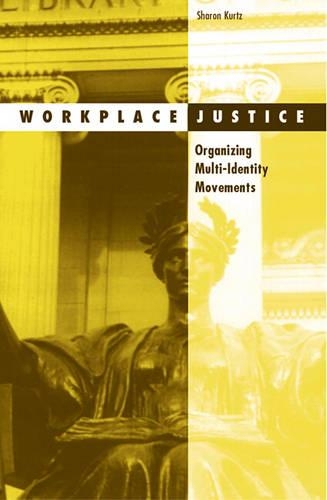
Workplace Justice: Organizing Multi-Identity Movements
(Paperback)
Publishing Details
Workplace Justice: Organizing Multi-Identity Movements
By (Author) Sharon Kurtz
University of Minnesota Press
University of Minnesota Press
1st October 2002
United States
Classifications
Tertiary Education
Non Fiction
Educational administration and organization
Higher education, tertiary education
Trade unions
331.88113781209747
Physical Properties
Paperback
336
Width 149mm, Height 229mm, Spine 18mm
Description
In 1991, Columbia University's one thousand clerical workers launched a successful campaign for justice in their workplace. This diverse union -- two-thirds black and Latina, three-fourths women -- was committed to creating an inclusive movement organization and to fighting for all kinds of justice. How could they address the many race and gender injustices members faced, avoid schism, and maintain the unity needed to win Sharon Kurtz, an experienced union activist and former clerical worker herself, was welcomed into the union and pursued these questions. Using this case study and secondary studies of sister clerical unions at Yale and Harvard, she examines the challenges and potential of identity politics in labor movements.
With the Columbia strike as a point of departure, Kurtz argues that identity politics are valuable for mobilizing groups, but often exclude members and their experiences of oppression. However, Kurtz believes that identity politics should not be abandoned as a component in building movements, but should be reframed -- as multi-identity politics. In the end she shows an approach to organizing with great potential impact not only for labor unions but for any social movement.
